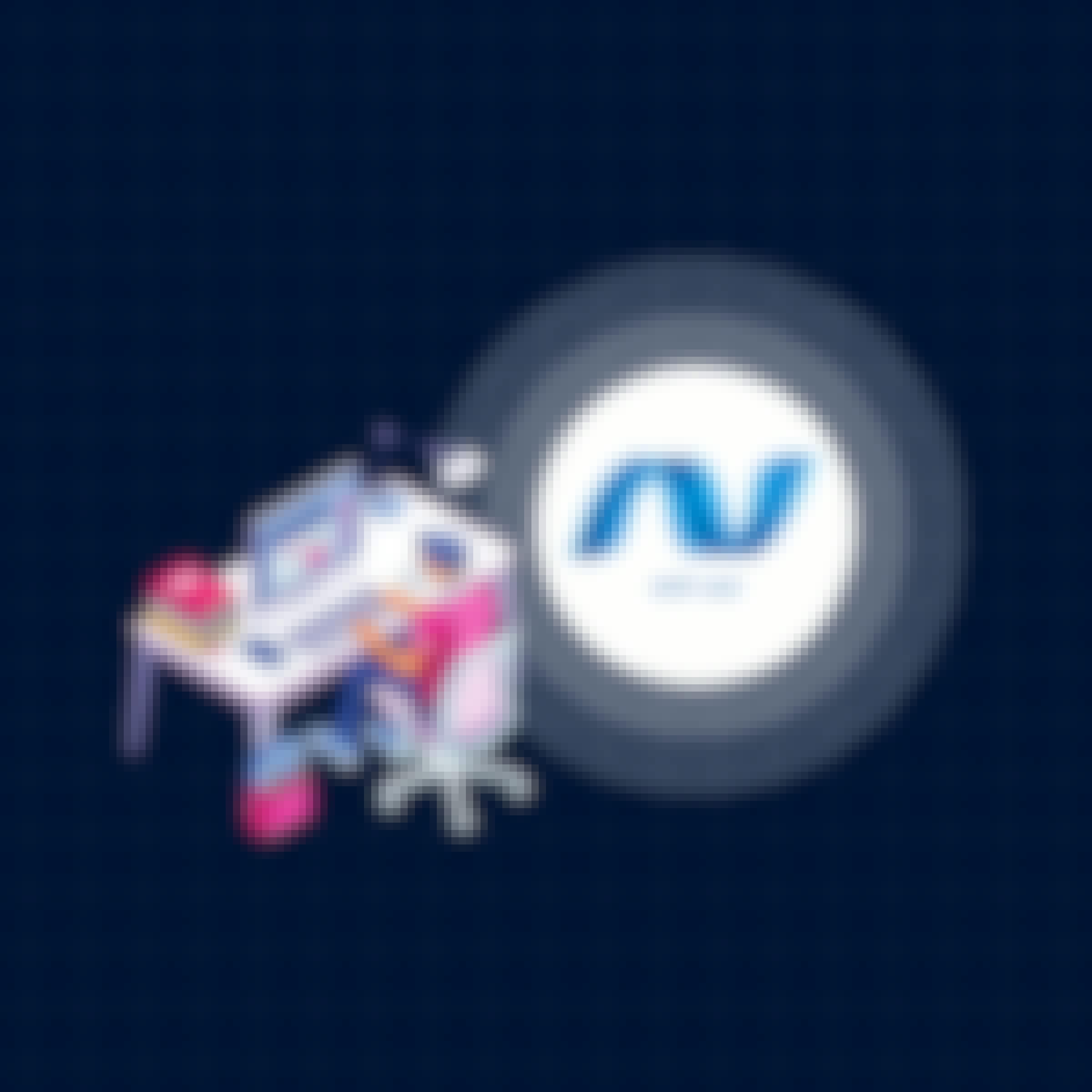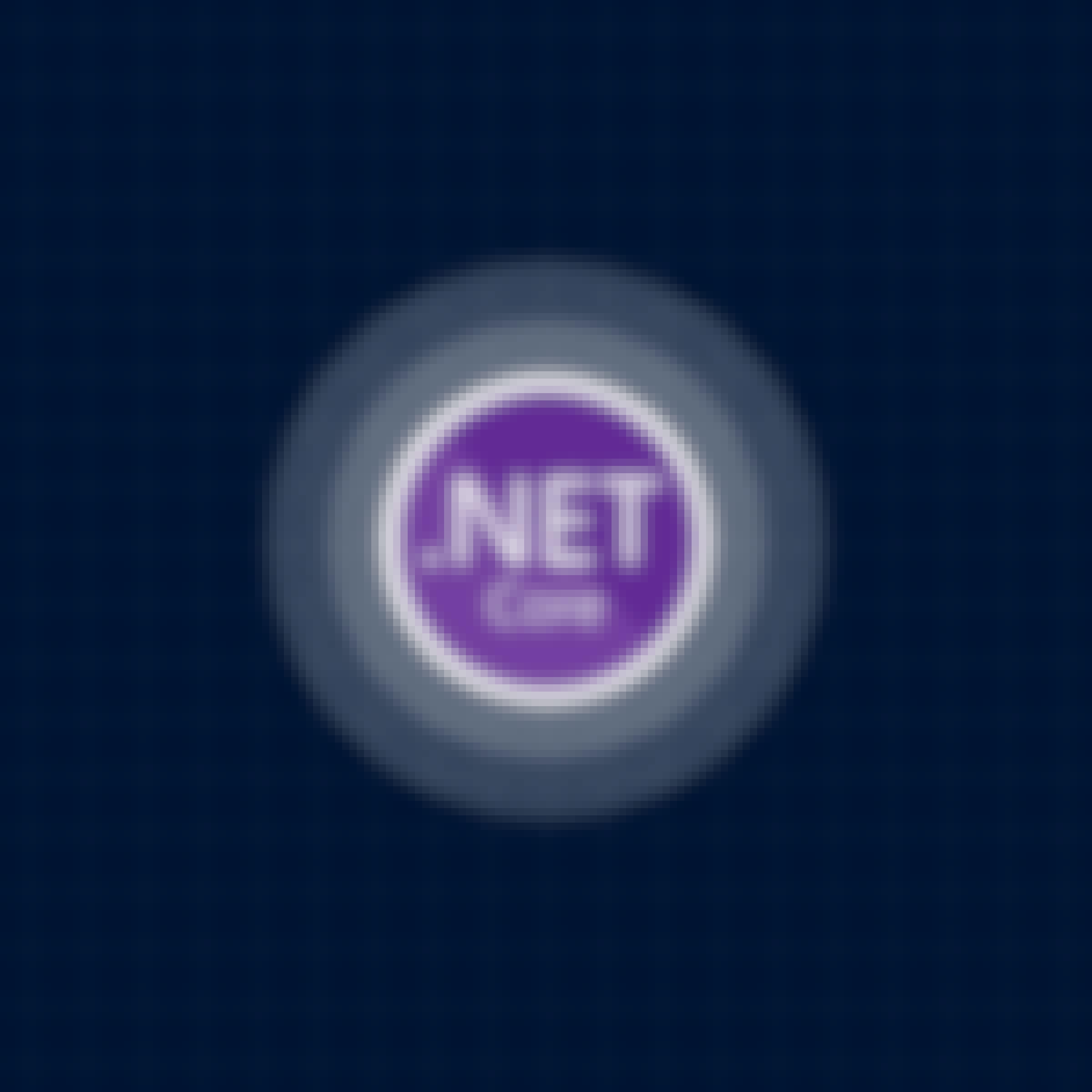Filter by
SubjectRequired
LanguageRequired
The language used throughout the course, in both instruction and assessments.
Learning ProductRequired
LevelRequired
DurationRequired
SkillsRequired
SubtitlesRequired
EducatorRequired
Explore the MVC Course Catalog

 Status: Free Trial
Status: Free TrialSkills you'll gain: Model View Controller, Spring Framework, Restful API, Spring Boot, Web Services, JSON, YAML, Java, Web Applications, Configuration Management, Angular, Application Frameworks, Software Architecture, Extensible Markup Language (XML)
 Status: Free Trial
Status: Free Trial
Board Infinity
Skills you'll gain: ASP.NET, Restful API, .NET Framework, React.js, Data Integration, Responsive Web Design, C# (Programming Language), Secure Coding, Web Applications, Application Programming Interface (API), Front-End Web Development, JavaScript Frameworks, UI Components, Web Services, Javascript, JSON, Server Side, Object-Relational Mapping, Application Frameworks, Back-End Web Development
 Status: Free Trial
Status: Free Trial
University of Alberta
Skills you'll gain: Software Architecture, Model View Controller, Unified Modeling Language, Object Oriented Design, Service Oriented Architecture, API Design, Systems Architecture, Web Services, Software Design Patterns, Software Design, Simple Object Access Protocol (SOAP), Microservices, Restful API, Software Design Documents, Software Visualization, Code Review, Solution Architecture, Software Systems, Object Oriented Programming (OOP), Java
 Status: Free Trial
Status: Free Trial
Board Infinity
Skills you'll gain: Model View Controller, ASP.NET, .NET Framework, HTML and CSS, Restful API, C# (Programming Language), Front-End Web Development, JSON, Web Services, Web Applications, Object Oriented Programming (OOP), Javascript, Web Design and Development, React.js, Application Programming Interface (API), Back-End Web Development, Programming Principles, Maintainability, Software Architecture, Application Security

Skills you'll gain: ASP.NET, GitHub, Version Control, Bootstrap (Front-End Framework), .NET Framework, Model View Controller, Cross Platform Development, Microsoft Development Tools, Development Environment, Authentications, Web Applications, OAuth, jQuery, Responsive Web Design, Data Validation, Databases
 Status: Free Trial
Status: Free TrialSkills you'll gain: Model View Controller, Test Driven Development (TDD), Restful API, Vue.JS, Full-Stack Web Development, Web Applications, Unit Testing, Server Side, API Design, Software Design Patterns, Javascript, HTML and CSS
 Status: Free Trial
Status: Free Trial
Board Infinity
Skills you'll gain: C# (Programming Language), ASP.NET, .NET Framework, Object Oriented Programming (OOP), Docker (Software), Restful API, Azure DevOps, Model View Controller, JSON, Containerization, Microservices, Web Services, DevOps, Middleware, Computer Programming, Web Applications, Back-End Web Development, CI/CD, Programming Principles, Server Side
 Status: NewStatus: Free Trial
Status: NewStatus: Free TrialSkills you'll gain: ASP.NET, Model View Controller, .NET Framework, Application Deployment, Order Management, Authorization (Computing), Object-Relational Mapping, Data Store, User Accounts, Database Management, Authentications, Full-Stack Web Development, Order Processing, Web Development, User Interface and User Experience (UI/UX) Design, Microsoft Azure, User Interface (UI), Software Architecture, E-Commerce, Role-Based Access Control (RBAC)
 Status: Free Trial
Status: Free Trial
University of Michigan
Skills you'll gain: Django (Web Framework), Object-Relational Mapping, Database Design, Model View Controller, SQL, Databases, Object Oriented Programming (OOP), Web Applications, Data Modeling, Application Security, Hypertext Markup Language (HTML), Software Design Patterns, Python Programming
 Status: Free Trial
Status: Free Trial
Board Infinity
Skills you'll gain: ASP.NET, Restful API, Model View Controller, JSON, Web Services, Middleware, Back-End Web Development, Web Applications, Server Side, Extensible Markup Language (XML), Routing Protocols


Board Infinity
Skills you'll gain: .NET Framework, ASP.NET, Web Applications, Web Development, Application Frameworks, Model View Controller, Application Development, Microsoft Visual Studio, Application Deployment, Cross Platform Development, Cloud Hosting, Development Environment, Debugging, Middleware, Integrated Development Environments, Software Architecture, Command-Line Interface
 Status: NewStatus: Free Trial
Status: NewStatus: Free TrialSkills you'll gain: Spring Framework, Prompt Engineering, HTML and CSS, Cloud-Native Computing, Software Development Life Cycle, Software Architecture, Hibernate (Java), Database Design, Docker (Software), Containerization, Git (Version Control System), GitHub, Software Design, Microservices, Object Oriented Programming (OOP), Large Language Modeling, Spring Boot, Object-Relational Mapping, Java Programming, Interviewing Skills
In summary, here are 10 of our most popular mvc courses
- Spring MVC, Spring Boot and Rest Controllers: LearnQuest
- Building React and ASP.NET MVC 5 Applications: Board Infinity
- Software Design and Architecture: University of Alberta
- .NET FullStack Developer: Board Infinity
- ASP.NET Core MVC - Cross-Platform Development: Packt
- RESTful MVC Architecture: Codio
- ASP.NET for Experienced Developers: Board Infinity
- ASP.NET Core MVC [.NET 8] - The Complete Guide: Packt
- Building Web Applications in Django: University of Michigan
- Backend Development using ASP.Net: Board Infinity














